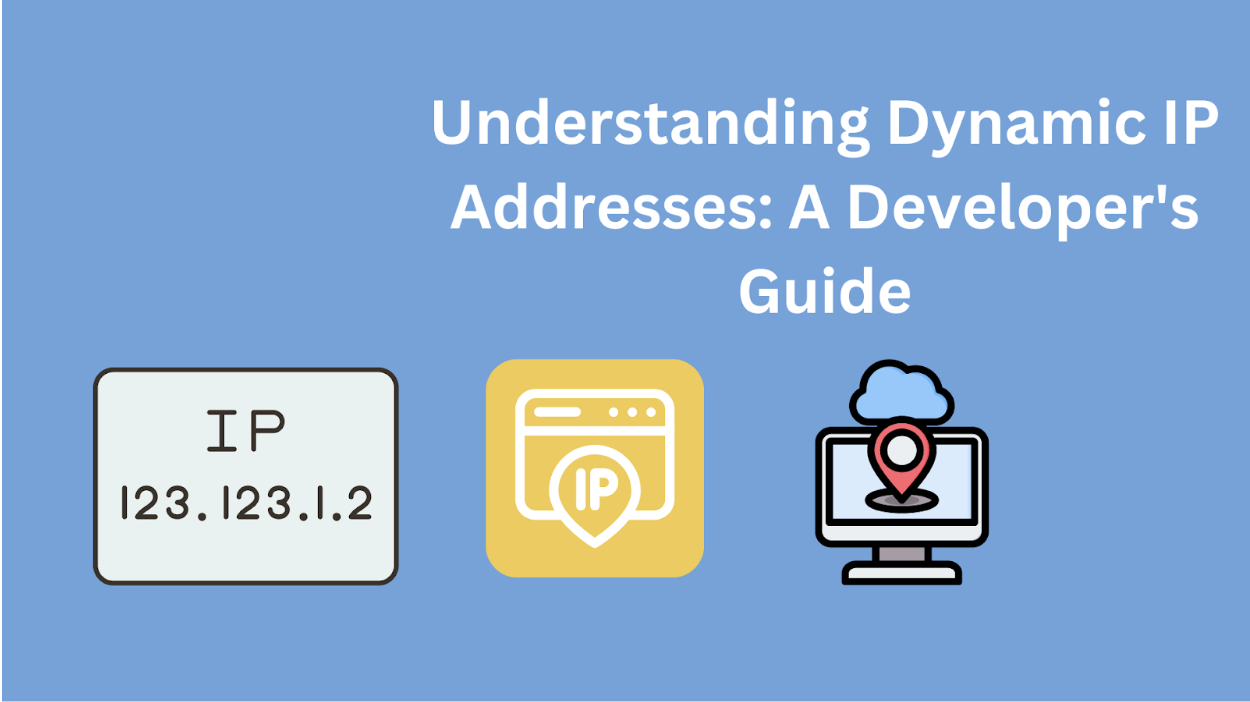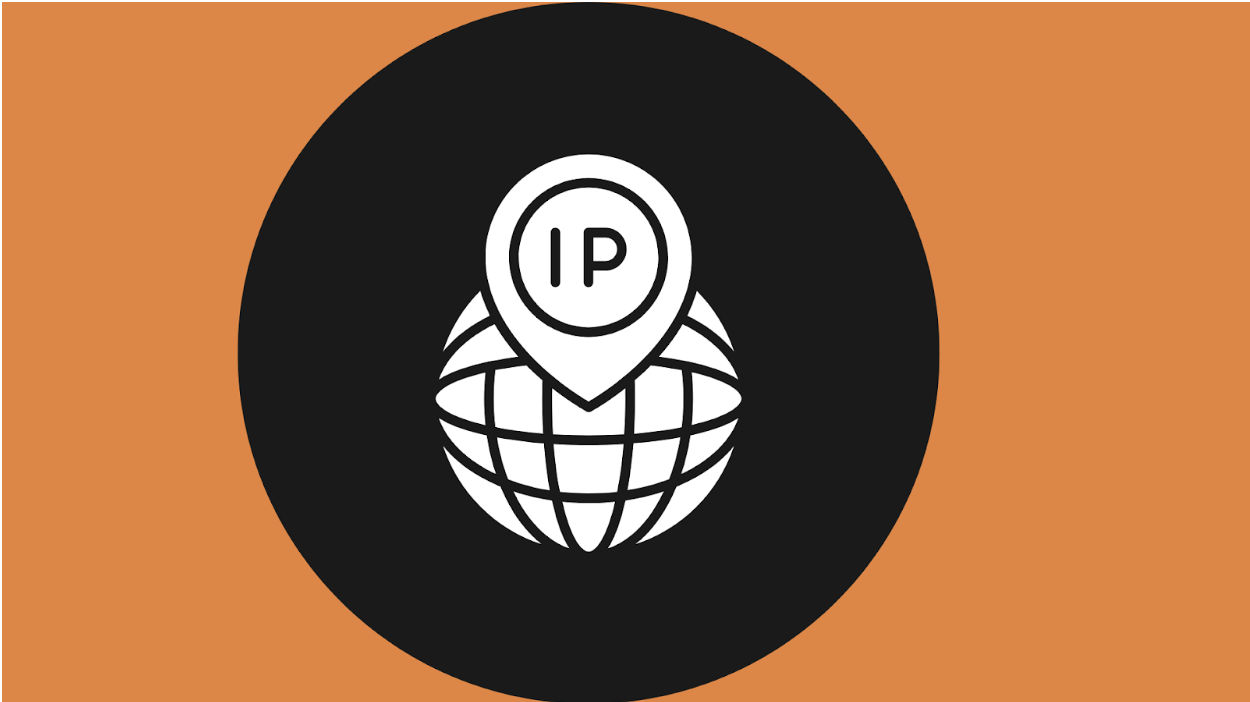In networking and the internet, IP addresses play a crucial role in identifying devices and facilitating communication. While most people are familiar with the concept of IP addresses, there are different types, including static and dynamic IP addresses. In this post, we'll explore the specifics of dynamic IP addresses, how they work, and why they are important in the context of networking and development.

What is a Dynamic IP Address?
A dynamic IP address is an IP address that is temporarily assigned to a device on a network. Unlike a static IP address, which remains constant and is manually configured, a dynamic IP address is assigned automatically by a DHCP (Dynamic Host Configuration Protocol) server. Each time a device connects to the network, it may be assigned a different IP address from the available pool of addresses managed by the DHCP server.
How Do Dynamic IP Addresses Work?
When a device, such as a computer or smartphone, connects to a network, it sends a request to the DHCP server for an IP address. The DHCP server then checks its pool of available addresses and assigns one to the device for a specified lease period. This lease period can vary depending on the network configuration but is typically set to a few hours or days.
Once the lease period expires, the device must renew its IP address lease with the DHCP server. If the device is no longer connected to the network or if the IP address is no longer needed, it is returned to the pool of available addresses for other devices to use.
Why Are Dynamic IP Addresses Used?
Dynamic IP addresses offer several advantages over static IP addresses, especially in large networks. Here are some reasons why dynamic IP addresses are commonly used:/p>
1. Efficient Use of IP Addresses
Dynamic IP addresses allow for the efficient use of IP addresses in a network. Since addresses are assigned temporarily, devices only use an IP address when connected to the network.
2. Simplified Network Management
Managing a large network with static IP addresses can be complex and time-consuming.
Dynamic IP addresses simplify network management by assigning and managing device IP addresses.
3. Flexibility
Dynamic IP addresses provide flexibility in network configuration. Devices can easily join or leave the network without requiring manual reconfiguration of IP addresses.

Conclusion
Dynamic IP addresses play a crucial role in modern networking by simplifying network management and promoting efficient use of IP addresses. By understanding how dynamic IP addresses work and their benefits, developers can design more robust and flexible networks that meet the needs of today's interconnected world.
FAQs About Dynamic IP Addresses
1. Can I Assign a Static IP Address to a Device with a Dynamic IP Address?
Yes, you can manually assign a static IP address to a device configured to use dynamic IP addressing. However, to avoid conflicts, you should ensure that the static IP address is outside the range of addresses managed by the DHCP server.
2. Do Dynamic IP Addresses Pose Security Risks?
While dynamic IP addresses themselves do not pose security risks, they can be used by malicious actors to conduct attacks. It is important to implement security measures, such as firewalls and intrusion detection systems, to protect against such threats.
3. Can I Reserve a Specific IP Address for a Device in a Dynamic IP Addressing Scheme?
Yes, most DHCP servers allow you to reserve a specific IP address for a device based on its MAC address. This ensures that the device always receives the same IP address when it connects to the network.
4. What Happens If the DHCP Server Is Unavailable?
If the DHCP server is unavailable, devices configured to use dynamic IP addressing may not be able to obtain an IP address. In such cases, devices may use a self-assigned IP address from a predefined range, allowing them to communicate with other devices on the same subnet.